Tuesday, April 23, 2024
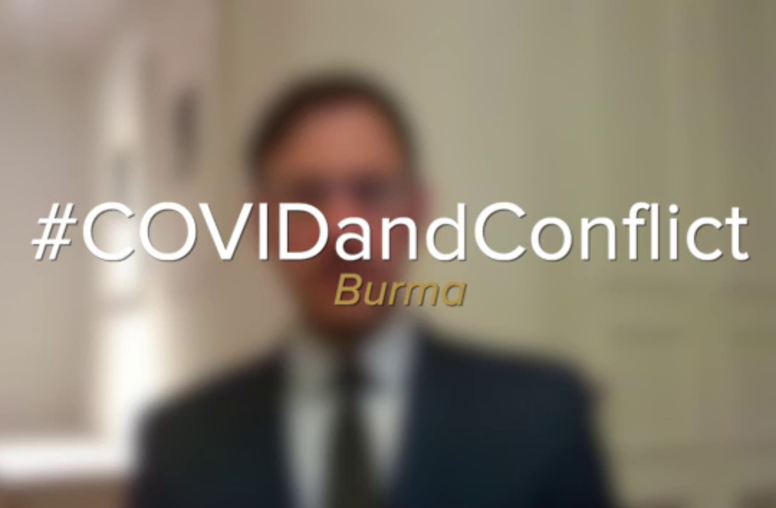
COVID-19 and Conflict: Burma
2020 loomed as a momentous year for Burma even before the COVID-19 pandemic caused major disruptions to societies and economies around the world. The country was preparing for national elections while struggling to end Asia’s longest standing civil war, and now faces these challenges alongside the added burden of the coronavirus. In this #COVIDandConflict video, Jason Tower looks at the country’s public health response, what the pandemic means for the peace process, and how it could affect the vote.
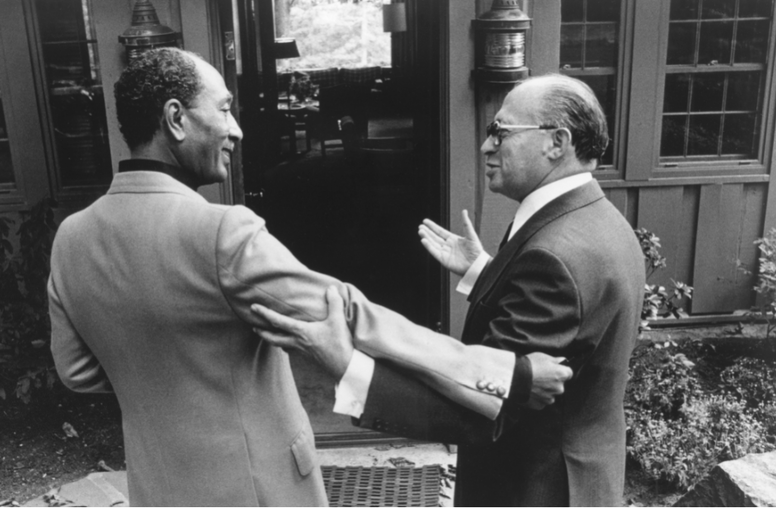
Yes, we can meet on online. But can we negotiate peace there?
The spread of the coronavirus has forced mediators and their international partners to halt the face-to-face meetings typically used in building peace. Feeling a sense of urgency, practitioners have scrambled to upgrade their use of alternatives—notably online consultations, dialogues and workshops. Digital tools are being quickly developed that could provide opportunities for peacebuilding unimaginable just a couple of years ago. How can we ensure that this development, now accelerated by the COVID pandemic, remains viable in practice?
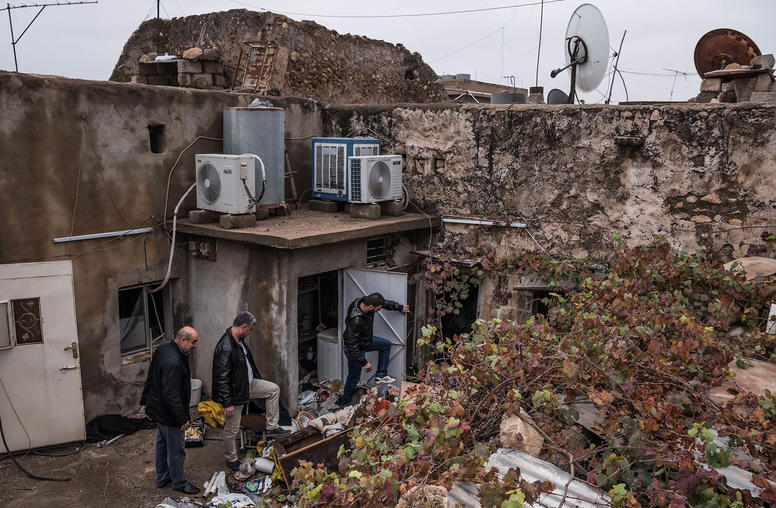
How Do Everyday Iraqis Perceive the Possibilities for Peace?
This March was the 17th anniversary of the overthrow of Saddam Hussein. In the following 17 years, Iraq has continued to be wracked by conflict and instability, from the insurgency to ISIS to today’s anti-government protest movement. Needless to say, policymakers and analysts have paid much attention to Iraq during the past two decades. Yet there remains a knowledge gap, with a lack of reliable data on how everyday Iraqis perceive the possibilities for peace and stability. Understanding how Iraqis view the possibilities for peace is critical to policymakers, peacebuilding practitioners, and donor agencies working to bring stability to communities that have long been held under the grip of violence.
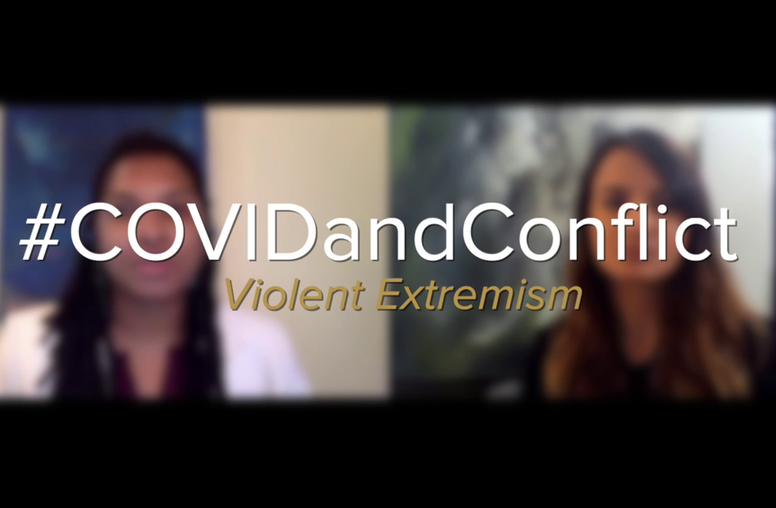
COVID-19 and Conflict: Violent Extremism
The COVID-19 pandemic sweeping across the globe is reshaping dynamics in fragile states and conflict zones. In this video, part of our #COVIDandConflict series, Kateira Aryaeinejad and Bethany McGann examine the pandemic's impacts on violent extremism: how extremist groups are exploiting the crisis, whether it is impacting recruitment, and how it complicates efforts to counter violent extremism.
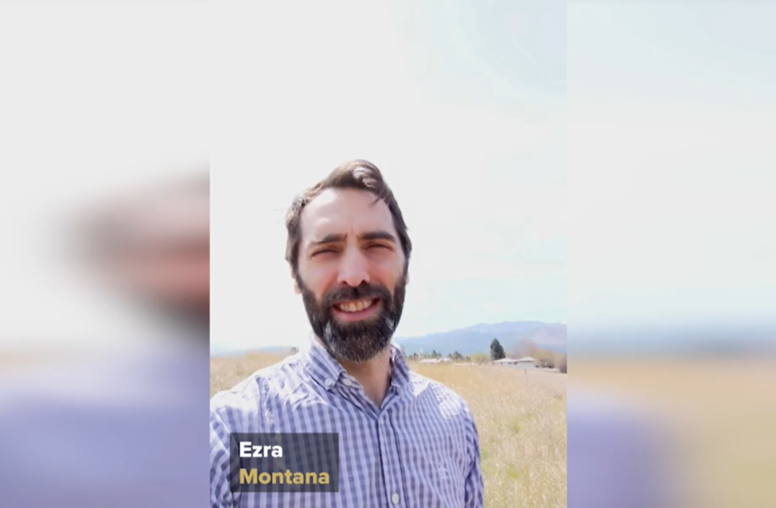
USIP Marks Teacher Appreciation Week 2020
Every May, the U.S. Institute of Peace celebrates Teacher Appreciation Week by honoring the important role teachers play as peacebuilders. This year, Teacher Appreciation Week and its message hold special resonance, as the coronavirus pandemic has upended education not just in the U.S., but around the world. In the face of this unprecedented challenge, teachers across the country are still delivering education from their homes. USIP and alumni of the Institute’s Peace Teachers Program have joined together to thank educators for all they are doing during this pandemic and for showing why it’s so vital to continue teaching about peace during this crisis.
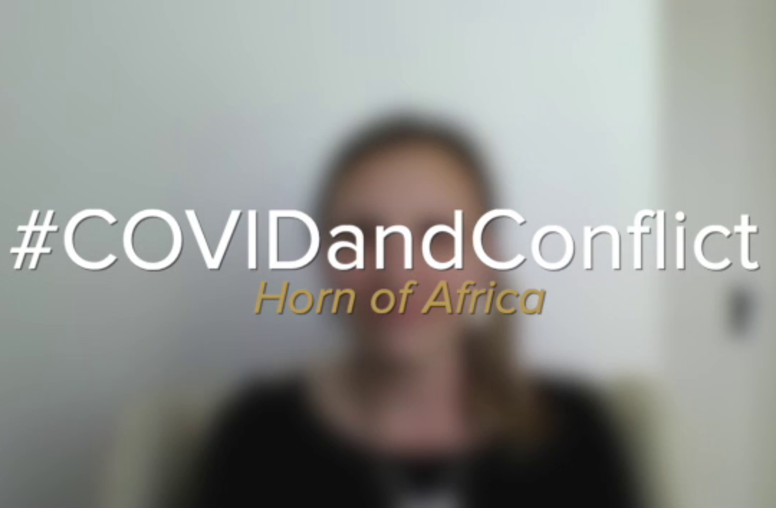
COVID-19 and Conflict: Horn of Africa
USIP is closely following the effects of the novel coronavirus around the world and we’re particularly concerned about its effects in fragile states and conflict zones, which are especially vulnerable to the impacts of these kinds of outbreaks. This week, our Susan Stigant looks at what new challenges have emerged in the Horn of Africa since the outbreak began.
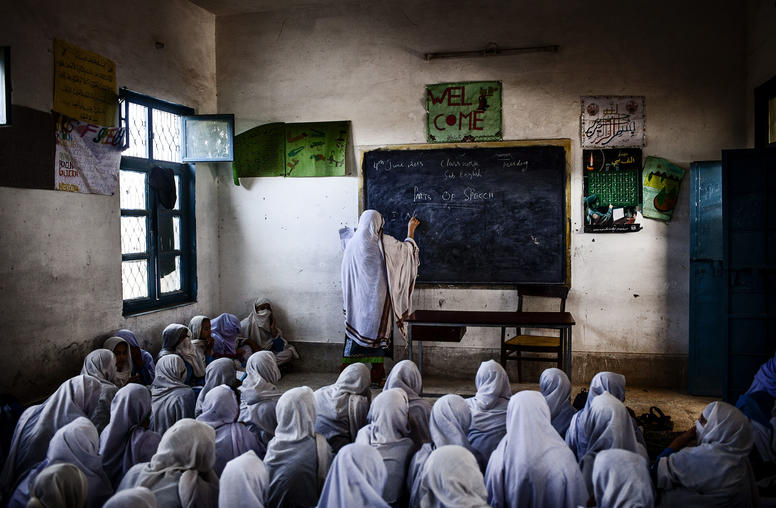
How ‘Teleschool’ Can Revolutionize Pakistan’s Education System
For decades, children’s media has been curiously absent in Pakistan. That changed last week when state television launched a new channel, Teleschool, in the wake of school closures due to COVID-19. With the Pakistani curriculum now beaming into millions of homes nationwide, the country has a chance to re-think the content of its failed education system and how children’s television media can help fill the gap.
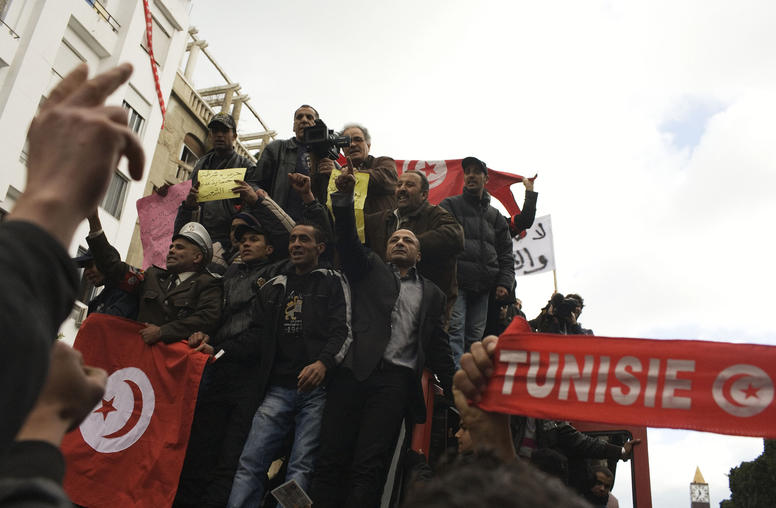
Tunisia’s Citizens and Security Forces Come Together to Combat Coronavirus
As COVID-19 began to sweep the globe, the Tunisian government implemented strict measures to stem the spread of the virus, knowing the country’s underprepared health system would be overwhelmed by a widespread outbreak. Beginning on March 17, authorities enforced a 12-hour curfew. Days later, 400 were arrested for breaking that curfew. “Anyone who breaks the security rules will be treated as a criminal because failing to respect rules within the context of the pandemic is a crime,” said Interior Minister Hichem Mechichi. Many Tunisians have bristled at what they see as an overly securitized response.
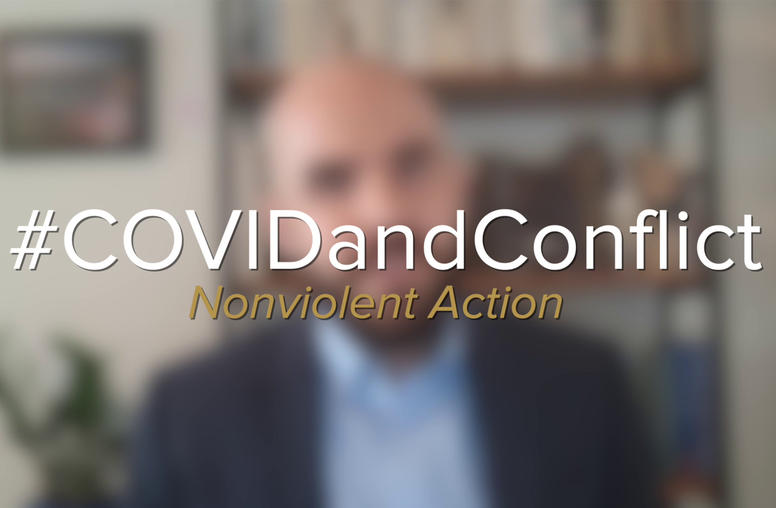
COVID-19 and Conflict: Nonviolent Action
USIP is closely following the effects of the novel coronavirus around the world and we’re particularly concerned about its effects in fragile states and conflict zones, which are especially vulnerable to the impacts of these kinds of outbreaks. This week, our Jonathan Pinckney looks at the impact on nonviolent action and popular movements around the world. How can people advance their demands when they need to stay socially distant?
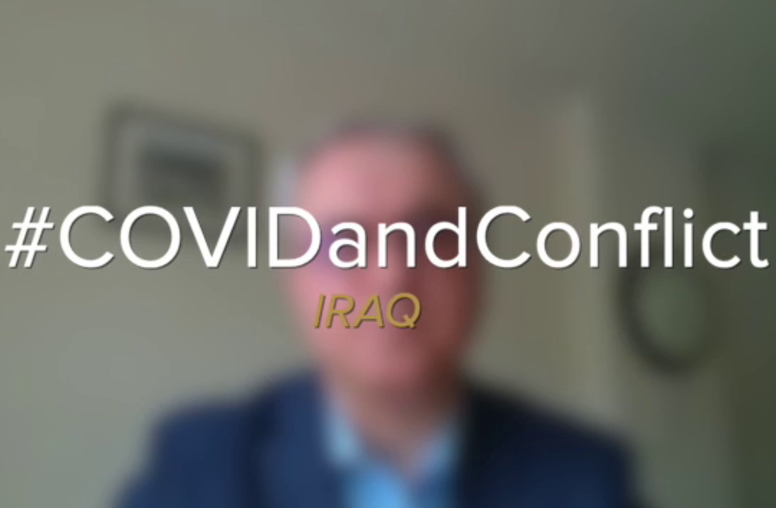
COVID-19 and Conflict: Iraq
USIP is closely following the effects of the novel coronavirus around the world and we’re particularly concerned about its effects in fragile states and conflict zones, which are especially vulnerable to the impacts of these kinds of outbreaks. This week, our Sarhang Hamasaeed at three of the major ways this crisis is affecting Iraq: its politics, its security, and its relationships with Iran and the United States.
